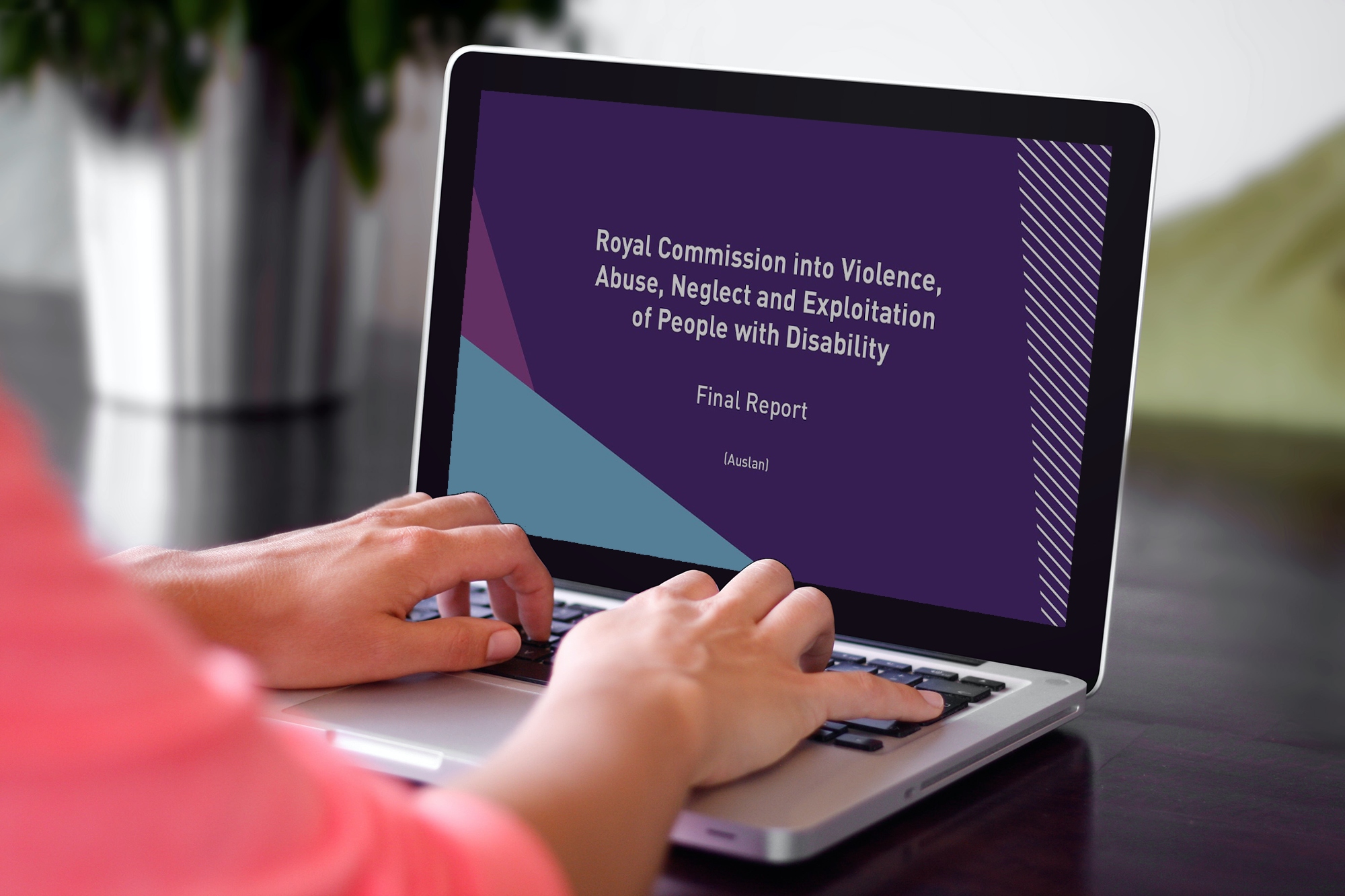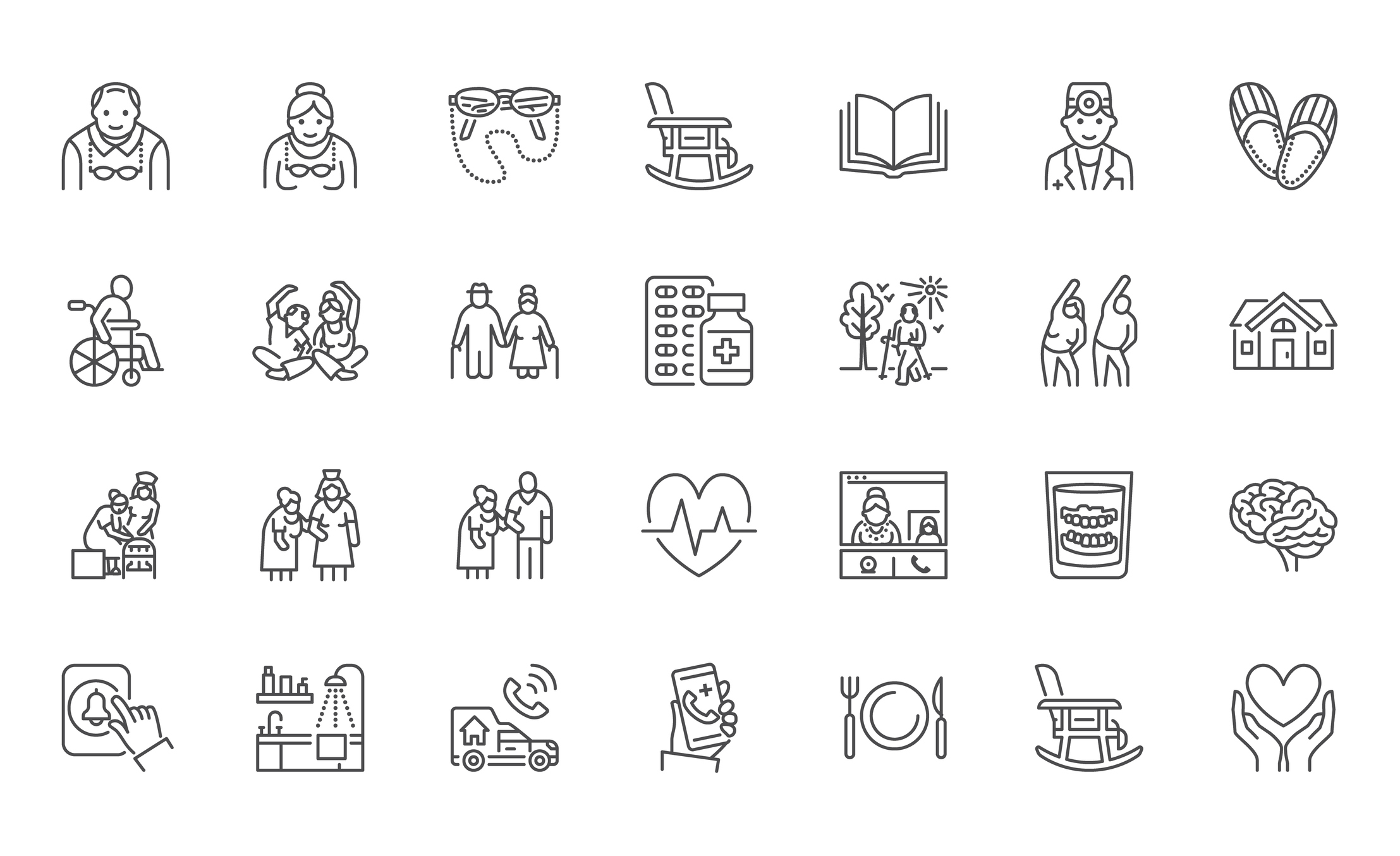We have been waiting on the release of an update to the NDIS Practice Standards for a little while now, and as of November 2021 the NDIS Commission has provided details of key amendments. Read on to get our rundown on all the changes.
What are the key changes?
The most significant change brought in by these amendments is the introduction of the following three new NDIS Practice Standards:
In Core Module Standard 2 (Governance and Operational Management):
- Emergency and disaster management – This standard addresses the planning required by providers to prepare, prevent, manage and respond to emergency and disaster situations whilst mitigating risks to, and ensuring continuity of, supports that are critical to the health, safety and wellbeing of participants. Note that this practice standard specifically highlights the responsibilities of a provider’s governing body in this area.
In Core Module Standard 4 (Support Provision Environment):
- Mealtime management – This practice standard applies to providers of supports to participants who require assistance to manage their mealtimes, including those with mild dysphagia. The standard deals with the nutritional value and texture of meals, and concerns the planning, preparation and delivery of meals. The standard aims to ensure quality and safety of mealtime management.
In Module 1: High Intensity Daily Personal Activities
- Severe dysphagia management – This practice standard applies to providers registered to provide high intensity daily personal activities and who have severe dysphagia management set out in their certificate of registration. Providers will be required to ensure that participants with severe dysphagia receive support that is relevant and appropriate to their specific needs and circumstances.
Quite a number of other new and amended Quality Indicators
There are also a number of new and amended Quality Indicators throughout the Practice Standards. Providers should familiarise themselves with all of these changes as soon as possible.
Many of the new or amended indicators relate to emergency and disaster management, including infection outbreaks, and the associated necessary worker training and capabilities. However, there are also other amendments in areas such as:
- the consideration of preventative health measures in planning supports, where relevant; and
- more prescriptive requirements in relation to participant risk assessments, and their regular review.
The new and amended Quality Indicators appear in the following Practice Standards:
Core Module
- Risk Management
- Human Resource Management
- Continuity of Supports
- Support Planning
- Service Agreements with Participants
- Responsive Support Provision
- Transitions to or from a provider (Previously Transitions to or from the provider)
- Safe Environment
- Management of Waste
Module 3: Early Childhood Supports
- The Child
Verification Module
- Human Resource Management
- Risk Management
When do the changes come into effect?
- 15 November 2021: for registered NDIS providers, the new severe dysphagia management practice standard, together with all of the new and amended quality indicators we’ve mentioned above, are applicable from this date.
- 13 December 2021: the mealtime management practice standard is subject to a transition period and comes into effect from this date.
- 24 January 2022: the emergency and disaster management practice standard is subject to a transition period and comes into effect from this date.
Updated and new SPP self-assessments will be available shortly!
We’ve been working hard to update our SPP self-assessments for the NDIS Practice Standards as soon as possible, to help you get on top of the new requirements and streamline your compliance work.
We expect to be releasing updated self-assessments within the next couple of weeks.
We will also be making available a new “educative” self-assessment for the NDIS Practice Standards, as well as a new module to help board and governing body members better understand their responsibilities under the Practice Standards, and hopefully enhance their engagement with management.
So watch this space!
Further information
Want to manage NDIS compliance simply?
Access self-assessments for the NDIS Practice Standards on the NDS Quality Portal.


